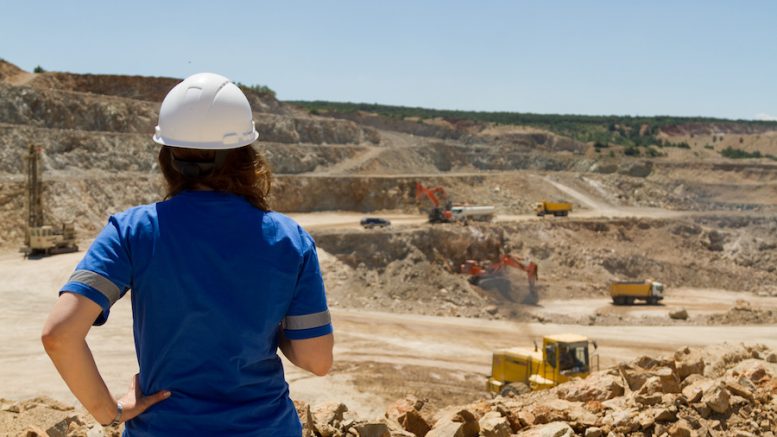Rio Tinto (NYSE: RIO; LSE: RIO; ASX: RIO) has unveiled the results of an unfavourable external report outlining a culture of “systematic” bullying, sexual harassment and racism at the world’s second largest miner.
The company requested the audit, carried out by Australia’s former sex discrimination commissioner Elizabeth Broderick, last year. The move was part of an ongoing effort by Rio Tinto’s CEO, Jakob Stausholm, to clean-up the company’s tainted image following the destruction of two 46,000-year-old rock sacred shelters in Western Australia in 2020.
The report, covering a five-year period and based on a survey answered by about 10,000 Rio Tinto employees, shows that almost 30% of women and 7% of men said they had been sexually harassed at work. Of those people, 21 female workers also reported cases of actual or attempted rape or sexual assault.
Nearly half of all employees who responded to an external review of the miner’s workplace culture commissioned by Rio Tinto said they had been bullied, while racism was found to be common across several areas, the report released on February 1, revealed.
Stausholm said the results were “disturbing” and that the company would implement all 26 recommendations from the report. “The eye-opener for me was twofold,” Stausholm told Reuters. “I hadn’t realized how much bullying exists in the company and secondly that it’s quite systemic – the three issues of bullying, sexual harassment and racism … that’s extremely disturbing.”
Rio Tinto is the latest Australian miner to address issues with its corporate culture. BHP (NYSE: BHP; LSE: BHP; ASX: BHP) said last year that it had fired 48 workers for sexual attacks and harassment since 2019, in a submission to a parliamentary inquiry into sexual assault in Western Australia’s remote fly-in, fly-out (FIFO) sites.
Stausholm’s hand
Stausholm, a Danish national who took the top post 13 months ago, has put in practice his crisis management and peacemaking skills since. Besides trying to restore trust with Australian indigenous groups and other stakeholders, the mining executive has faced alleged corruption charges in Guinea related to Rio Tinto’s way of securing rights to the massive Simandou iron ore deposit.
The former head of finances has also tackled Oyu Tolgoi’s delay and climbing costs, which triggered Mongolia’s ire to the point of threatening to revoke the 2009 investment agreement underpinning the mine development. This feud was put to bed last month, following Stausholm’s visit to Mongolia.
Kellie Parker, Rio Tinto Australia’s chief executive officer, said the company is already addressing issues outlined in the report released today. Special attention will be given to the company’s internal reporting system after respondents said they had no confidence in complaining to their superiors and felt that doing so could put them or their career prospects in danger.
You can read the full report here.


Be the first to comment on "Rio Tinto report reveals culture of sexual harassment, bullying and racism"